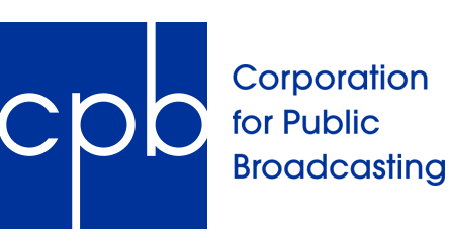FCC chairman wants to run broadcast spectrum auctions his way
FCC Chairman Julius Genachowski told an audience at CES in Las Vegas that it’s essential that the commission be given the freedom and flexibility to run broadcast incentive auctions without legislative restrictions.
Reacting to a Republican effort in the House to bog down the commission with limitations before the holiday recess, Genachowski cited letters from a group of U.S. Senators to their leadership (from both parties) asking for legislation that does not restrict the FCC in handling the auctions.
The FCC chairman told his CES audience that “as we get down to the wire on incentive auctions the sticking points are proposals” limiting how the auctions should be run. One centers around the FCC’s ability to allow a portion of the spectrum to be used for services similar to Wi-Fi, while another prevents the commission from deciding whether it needs to put restrictions on who can bid in the auction in order to protect competition in the wireless industry.
Noting that the FCC has successfully managed about 80 wireless spectrum auctions in the last 20 years that raised $50 billion, Genachowski said approving an auction—which all parties want to do—without giving the FCC the freedom to run it flexibly would make no sense.
“It would not be wise to prejudge or micro-manage FCC auctions,” Genachowski said.
Genachowski then shifted to set a goal for the incentive auction legislation by March 1. He warned that the United States is in danger of falling behind in the global wireless industry if the FCC is not able to provide wireless providers with the chance to buy more airwaves very soon. March 1 is also the deadline by which lawmakers need to vote on payroll tax legislation in which the incentive auction proposal would be included.
Citing the importance of the auctions, Genachowski said “if you shut off the Internet virtually nothing on the CES floor would work.”
Get the TV Tech Newsletter
The professional video industry's #1 source for news, trends and product and tech information. Sign up below.
Virtually every product shown by the roughly 3,000 companies at the show—both wired and wireless—are designed to work with the broadband Internet,” he said.
Noting that New York City has 28 full-power licensed TV stations, Genachowski said, “I don’t think anyone can name 28 TV stations. What’s the right number for New York? The beauty of incentive auctions is the market will decide.”
At stake, he said, is the American position in broadband technology around the world. Capital can flow anywhere, and so can jobs. The Internet, he said, creates 2.6 jobs for every one it eliminates all over the country.
“If we don’t create innovation zones based on massive broadband, jobs will flow to countries that do,” he said.
